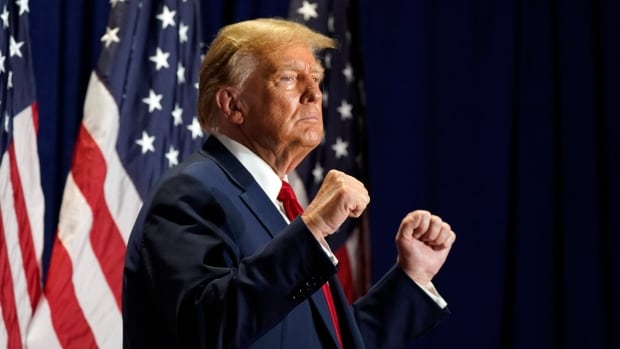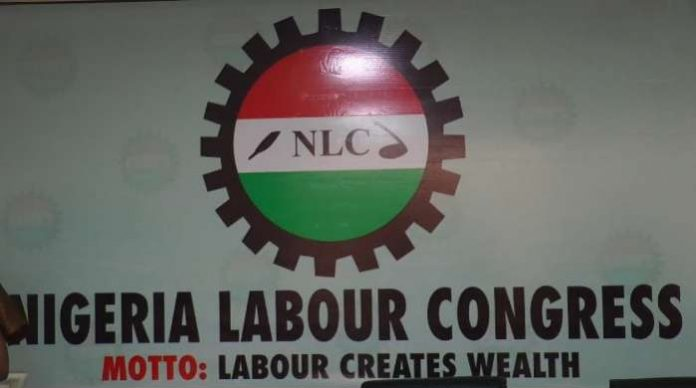Ahead of a highly consequential election on Tuesday, the U.S. ambassador to Canada said “democracy is easily going to survive” the outcome of the race and reminded Canadians to be patient as results from across the United States come in.
David Cohen said in an interview on CBC’s Rosemary Barton Live that U.S. democracy “has survived and thrived in the face of many challenges to that democracy.” He cited both world wars and the U.S. civil war as examples.
“I firmly believe that regardless of the outcome of the election, the United States is going to remain the most durable democracy in the world,” Cohen told host Rosemary Barton.
“Democracy is something that’s important. It’s valuable. It’s something I treasure as an American. … I think democracy is easily going to survive the outcome of this election.”
Some state officials have said clearer results are expected by the end of Wednesday as they process mail-in ballots.
There are also concerns over whether Republican presidential candidate Donald Trump will accept the results.
At a campaign event in Arizona on Thursday, Trump repeated false claims about election fraud and claimed he was “way ahead” in the race against Democratic rival Kamala Harris.
Chief political correspondent Rosemary Barton speaks with Minister of International Trade Mary Ng on how Ottawa is preparing for the next U.S. president, what meetings are taking place in Washington and how business and trade could be impacted here. Plus, a conversation with U.S. Ambassador to Canada David Cohen about the upcoming election, including whether he is surprised the race is so close, and his thoughts on the U.S.-Canada relationship.
In another interview on Rosemary Barton Live, International Trade Minister Mary Ng was asked how Canada will respond if Trump refuses to accept the election results.
Ng said “the American democratic system will need to do its work.”
“What I want to say to the Canadian people is that Canada stands ready to work with whoever the American people choose to work in the White House,” Ng said.
Canadian officials have reached out to both the Harris and Trump campaigns to seek a congratulatory phone call with the winner, according to a senior government source.
- Have questions about the U.S. election? Email us at ask@cbc.ca. We’ll be answering some of your questions live on TikTok and YouTube on November 4.
The stakes for Canada
One of the top questions for Canadian officials is how the election will affect the country’s trade relationship with the United States.
Trump called for a minimum tariff of 10 per cent on all imports entering the United States. Sources have told CBC News that Trump’s allies have offered no assurances of a reprieve for Canada.
It’s also unclear whether a Harris administration would want to renegotiate the Canada-U.S.-Mexico Agreement (CUSMA) that’s up for review and renewal in 2026. Harris voted against the trade agreement when she was a senator, saying it wasn’t sufficient to protect workers.
Ng said the agreement is a “good deal that received bipartisan support across the American Congress” and it’s “healthy as trading partners to take a look at what is working and how we can make it even better.”
Regardless of who wins the U.S. presidential election, the federal government has its eye on how the new administration will impact trade between Canada and the U.S., including broad tariffs if Donald Trump returns to office.
When asked about preparing for the possibility of tariffs if Trump is elected, Ng said American businesses and labour groups have told Canadian officials “they don’t like tariffs.”
“So I think that any incoming president cares deeply about their businesses, their jobs in America and its impact,” Ng said.
Cohen said it’s hard to determine how the election will affect Canada’s trade relationship with the United States because voters will also elect U.S. senators, members of the House of Representatives and state officials who all factor into the American political landscape.
As well, he said, business and labour organizations as well as public think-tanks “will be working very hard to defend the vitality and the vibrancy of that trade relationship.”
“All those people are going to remain in place post-election as they were before the election, and I think that lends a certain stability to the overall trade relationship.”





